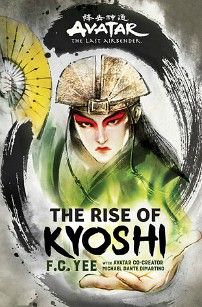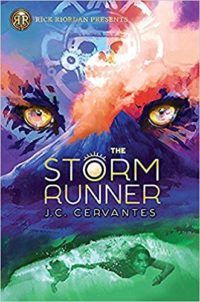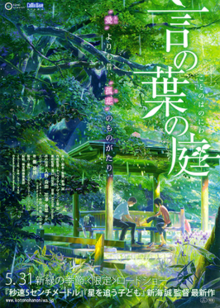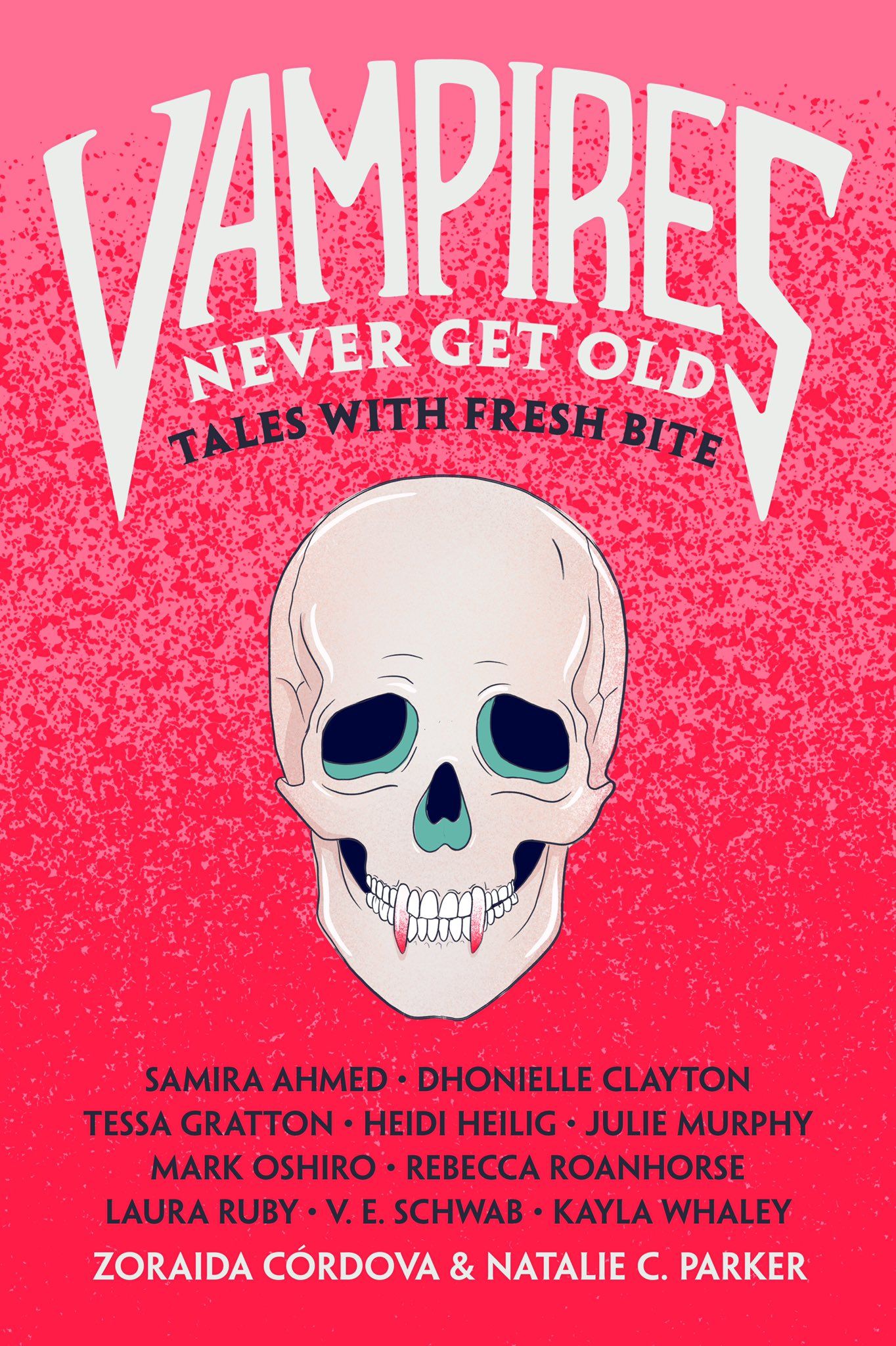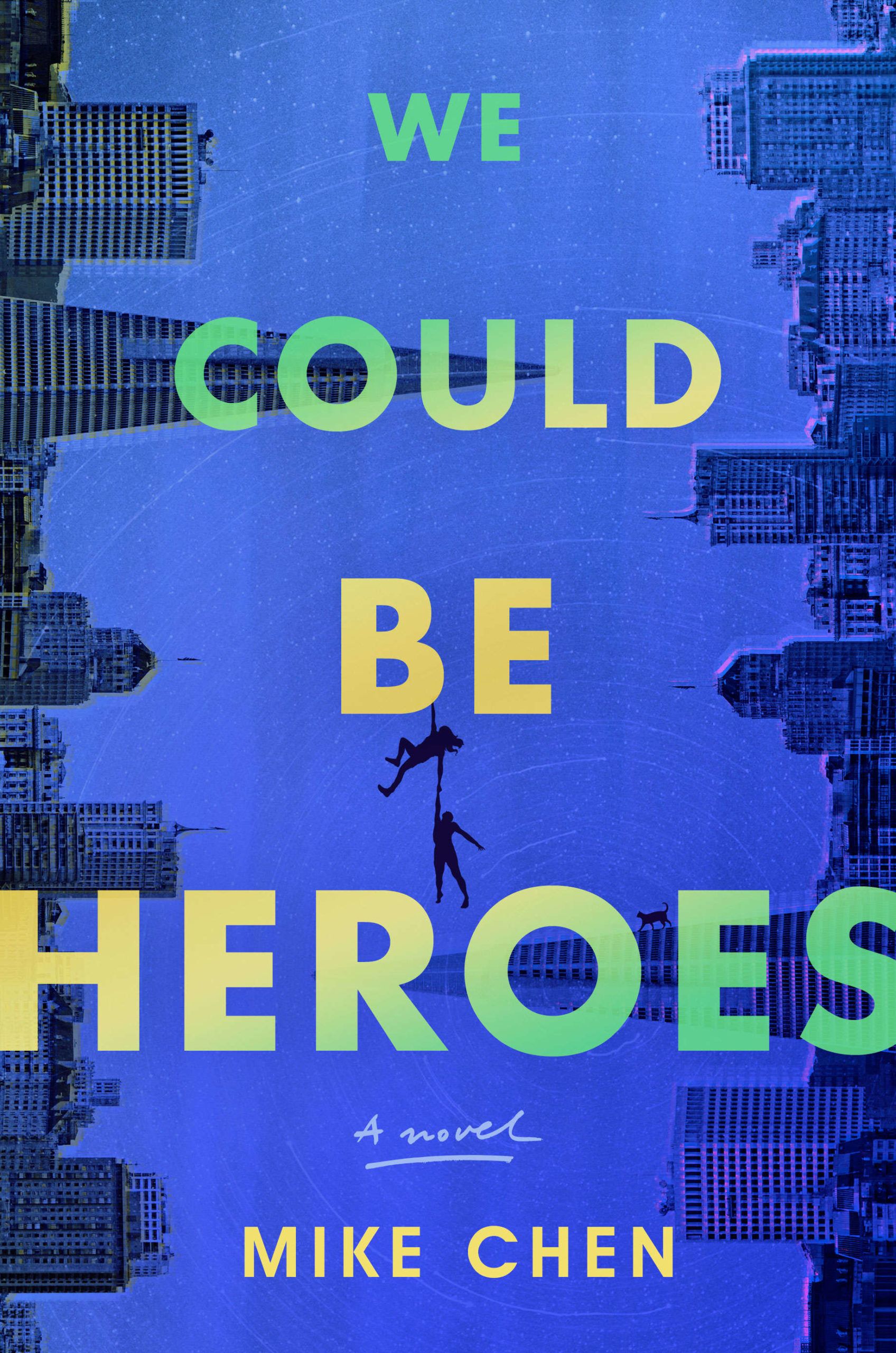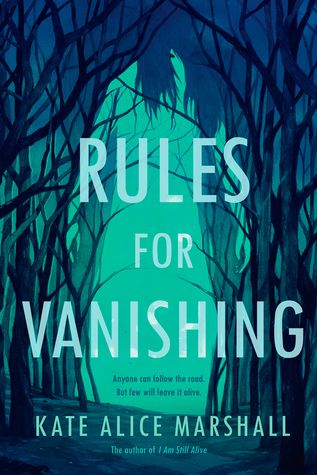In novels, of course, all we have are words. My favorite novels tend to be ones in which the words chosen allow me to form portraits of the the characters, settings, and events in my head as I read. I won’t DNF a book if some of the panels are unclear or are missing. I’ll even keep going if whole pages are blank, but I definitely prefer books that allow me to flip through a mental comic; it’s simply how my dopamine launchers are built.
Every so often a very special novel comes along that’s so lushly or vividly or sharply written that the writer has done the work for me. I don’t have to craft the panels or fill them in, because the writer has chosen words so perfect and focused that this indescribable alchemy beams images directly from the page into my fusiform gyrus, kicks it to the occipital lobe, and presents it to the rest of my consciousness fully formed. These also happen to be the books that have stuck with me after I finished them, not as a collection of words, but as remembered graphic novels I flip through on an as needed basis. And the way the world is, I’ve needed them often.
Here are a few of my absolute favorites.
Not everyone is a visual reader. If you are, however, these authors have, quite masterfully, done a bit of the world for you. Pick one of them up to get through that next bit of quarantine.
What I find most interesting about the way my brain is visualizing Takao and Yukino’s rainy day retreat: despite the vibrant color of the book’s cover and Makoto’s elaborate, dense, gorgeous prose, my internal eye is building a duochrome home for them. Though that may because the majority of manga adaptations of Japanese novels and films I’ve read are black and white with the occasional full-color “splash page,” I think it has more to do with the contrast of the lush surroundings and the characters’ stark stories, the traumas that drive them to seek shelter in Shinjuku Gyoen Gardens and to forge their strange friendship. I can also envision a version of the comic wherein the Takao and Yukino walk through an everyday world is normally shaded and then, as the enter the garden, the watercolors start to bleed away until they are stripped down to their most basic lines.
Excellent advice, no? And definitely an excellent focal lesson for a baby vamp and cliffhanger panel for a comic.
Sort of.
The fact it’s a book about superheroes isn’t why my brain wanted to make it into a comic. My brain wanted to make it into a comic because We Could be Heroes posits the question: sure, everybody can wear the mask—but should they?
Because just when we think we’ve pulled ourselves out of the perennial debate of genre vs. medium, we get pulled back in again, and I feel as though Chen solves the problem definitively as a novel and would do so even more powerfully as a comic, at least the way I’ve mapped it on my neurons and the way it replays in random moments when I can’t sleep and I’m staring at the ceiling and wondering what the hell I can do to fix this disaster of a world. Because while yes, it’s about superheroes (have I mentioned that?), in comic form, relatively few panels would feature derring-do; most of them would be two people finding one another on this trashfire of a planet, helping one another discover who they really are, and, in the end, deciding they other person is worth risking themselves for.
